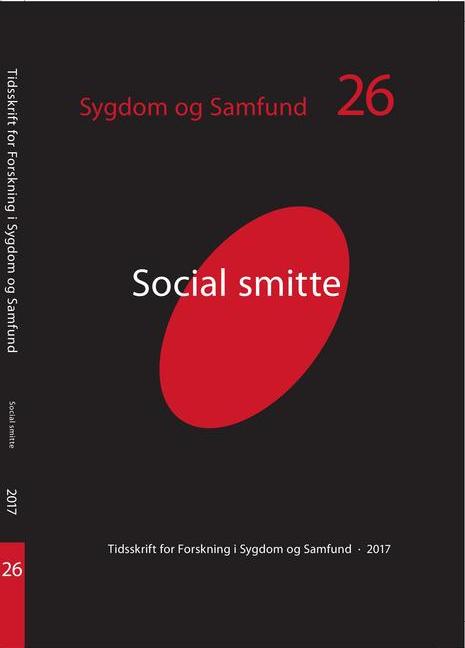Resumé
This paper discusses ongoing changes in orientations to cancer disease control in the Global North, particularly health promoter attempts to identify the early cancerous body. The paper suggests that the emphasis on early diagnosis of cancer aligns ideas on a symptomatic management of the public with a process in which ‘what counts as cancer symptoms’ is steadily being subdivided, classified and expanded. This alignment, the paper suggests, is an example of how biomedicine potentially extends its boundaries into everyday forms of embodied, social life by changing the social and moral value placed on bodily sensations. Also, the paper echoes ongoing conversations in medical anthropology on symptom experiences; suggesting that symptom experiences may be a suitable analytic axiom for exploring the relationship between biomedical knowledge production and embodied experience. It is suggested that an anthropology of sensations is a useful analytical framework for such explorations.

